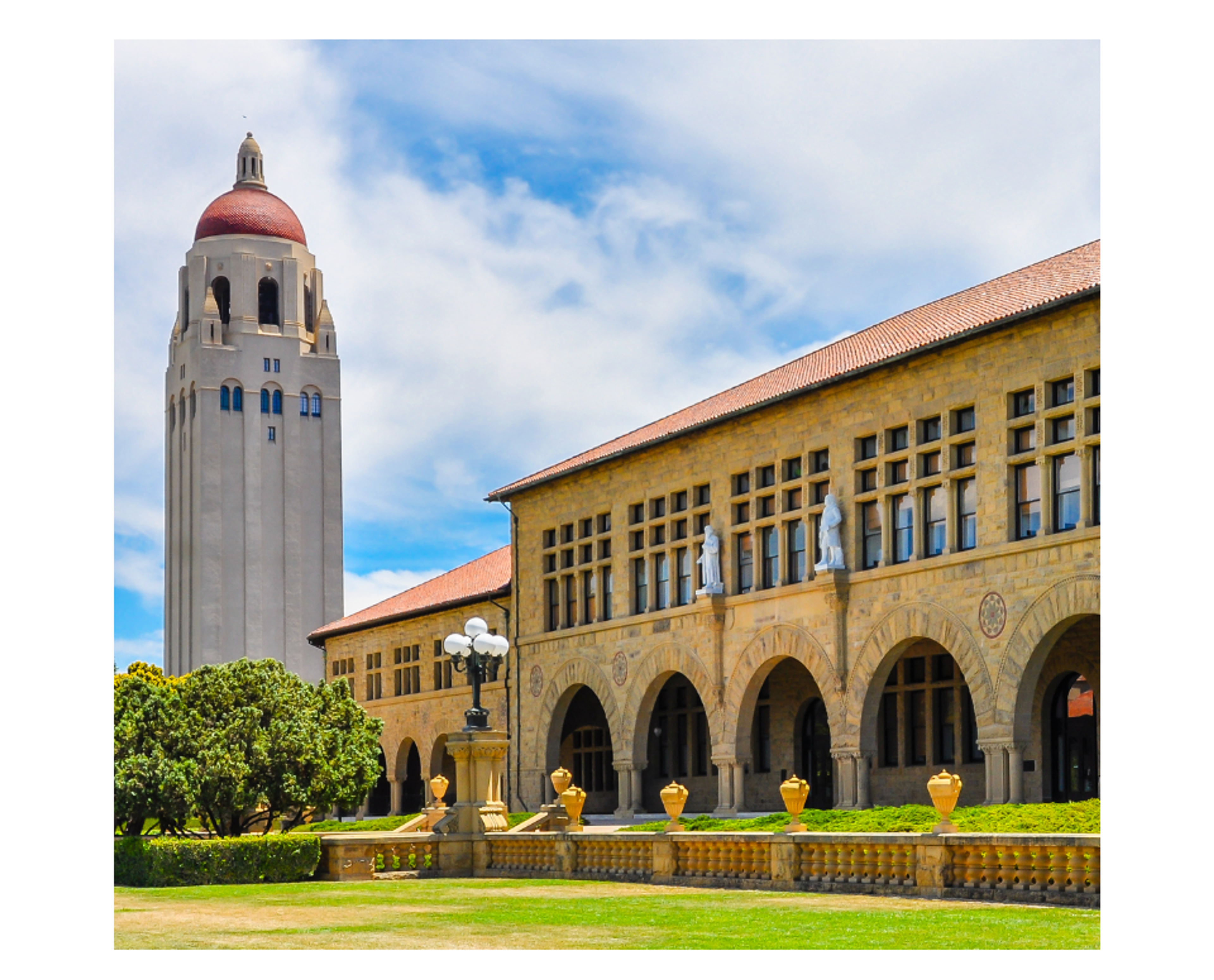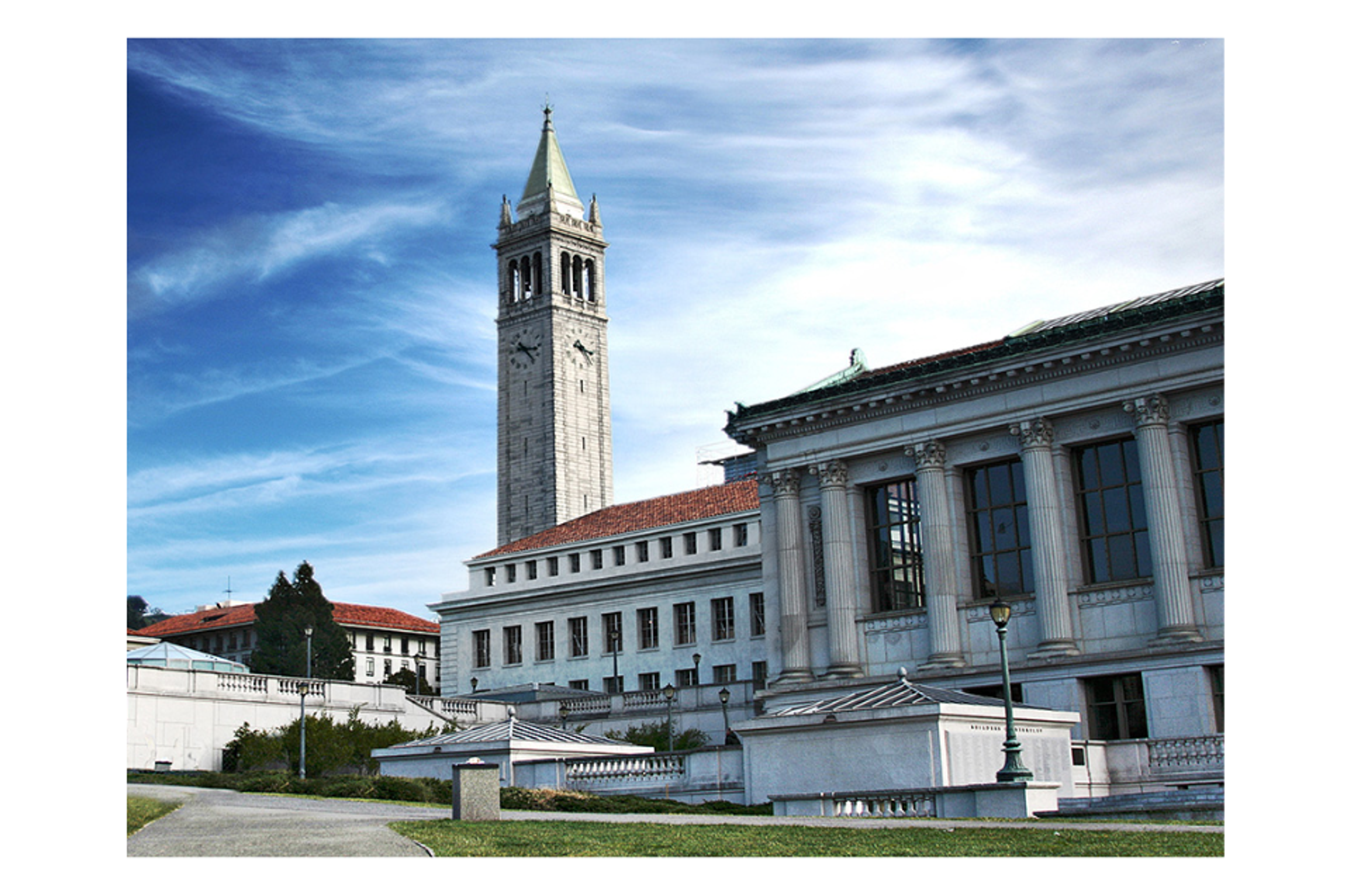
Table of Contents
Data analytics plays an important role in the business world today, enabling companies to make informed business decisions and strategize based on complex data. Professionals skilled in data analysis, predictive analytics, and machine learning are in high demand, especially those who can leverage big data and business intelligence to influence data-driven decision-making. An MBA in Data Analytics equips students with the knowledge and analytical skills needed to succeed in roles like data scientist, data analyst, and business intelligence analyst.
This article explores the 10 best MBA programs for data analytics. These programs can provide students with a solid foundation in both business administration and data science, preparing graduates for leadership roles in industries ranging from finance and healthcare to technology and consulting.
What is Data Analytics?
Data analytics involves examining raw data to uncover patterns, trends, and insights that help organizations make better business decisions. It integrates various techniques and tools, such as data mining, predictive analytics, machine learning, and data visualization, to transform raw data into actionable and meaningful insights.
The ability to leverage data effectively is becoming increasingly important in business strategy, as companies need to analyze large volumes of data to stay competitive. In the context of business analytics, professionals with expertise in data science are often tasked with analyzing big data, creating predictive models, and ensuring that their findings support the company's goals, whether that involves improving efficiency, driving business growth, or enhancing customer experience.
Why Pursue an MBA in Data Analytics?
An MBA in Data Analytics blends the management aspects of a traditional MBA with the technical skills required to analyze and interpret data. This program prepares students to lead data-driven initiatives across organizations. Graduates develop expertise in predictive analytics, machine learning, and data visualization, along with a deep understanding of business strategy and leadership skills.
Career Opportunities
The demand for professionals with both business analytics expertise and an MBA degree is rising, especially in sectors like technology, healthcare quality education, and finance. Roles such as data analyst, data scientist, and business intelligence manager are common for MBA graduates in data analytics. According to labor statistics, positions in data-related fields offer competitive salaries and are among the fastest-growing career paths.
Skills and Knowledge Gained
An MBA program with a focus on data analytics equips students with essential skills:
- Business administration knowledge, including leadership, finance, and strategy.
- Data science skills in tools like machine learning, data mining, and predictive modeling.
- In-demand skills like data visualization, business intelligence, and complex data analysis.
With these skills, MBA graduates are prepared for leadership positions that require making data-driven decisions in demand and overseeing the use of analytics in various functional areas.
Top 10 MBA Programs for Data Analytics
1. Sloan School of Management — Massachusetts Institute of Technology (MIT)
MIT Sloan offers an MBA program that concentrates on data analytics. This program focuses on combining a master of business administration, with data science to give students the skills to lead data-driven projects and make informed decisions.
- Example Courses:
- Data Science for Business
- Predictive Analytics
- Machine Learning
- Unique Features: MIT Sloan is known for its focus on predictive modeling and data mining. Students also have access to cutting-edge technology and a global network of alumni working in tech and analytics.
- Career Outcomes:
- Graduates in Business Analytics: 1.4%
- Graduates in Technology: 24.1%
- Median Salary of Business Analytics Graduates: $160,000
- 25th-75th Percentile of Business Analytics Graduates: $148,205-167,500
- Signing Bonus: 75% Received; $16,667 Average Bonus
Read: MIT Sloan — MBA Program & Application Overview

2. Graduate School of Business — Stanford University
Stanford’s MBA program integrates business strategy with data science, offering flexibility through electives and a focus on real-world applications of data analytics-informed business decisions.
- Example Courses:
- Data-Driven Decision Making
- Business Intelligence
- Data Mining for Business
- Unique Features: The program's proximity to Silicon Valley offers students access to a wealth of market opportunities and a chance to work with leading tech companies.
- Career Outcomes:
- Graduates in Finance: 37%
- Graduates in Technology: 22%
- Graduates in Consulting: 14%
- Median Salary: $185,000
- Mean Salary: $187,504
- Signing Bonus: 49% Received; $30,000 Median Bonus
Read: Stanford MBA Application Deadlines (2024-2025)

3. Haas School of Business — University of California, Berkeley
Berkeley’s MBA in data analytics emphasizes hands-on learning with a strong focus on data visualization and business intelligence.
- Example Courses:
- Business Analytics
- Predictive Analytics
- Data Visualization for Business
- Unique Features: Berkeley offers experiential learning opportunities where students can work on data-driven projects for real companies.
- Career Outcomes:
- Students Looking for Jobs: 207
- Students Who Received Offers by 3 Months After Graduation: 86%
- Students Who Accepted Offers by 3 Months After Graduation: 84%
- Mean Base Annual Salary: $159,412
- Median Base Annual Salary: $160,000
- Mean Sign-On Bonus: $34,740
- Sign-On Bonus Received: 72%
- Stock Options Received: 32%
Read: UC Berkeley Haas — MBA Program & Application Overview

4. Columbia Business School — Columbia University
Columbia’s MBA program in data analytics combines data science and business intelligence to help students understand and implement data-driven strategies.
- Example Courses:
- Predictive Modeling for Business
- Machine Learning
- Business Intelligence Systems
- Unique Features: Columbia’s strong ties to the financial sector offer unique career paths for graduates interested in financial analytics or big data in finance.
- Career Outcomes:
- Students Receiving Offers by 3 Months After Graduation: 89%
- Students Accepting Offers by 3 Months After Graduation: 86.4%
- Median Base Salary: $175,000
- High Base Salary: $370,000
- Median Signing Bonus: $30,000
- High Signing Bonus: $151,000
- Other Guaranteed Compensation: Median: $21,185; High: $225,000
- Signing Bonus Received: 71.3%
- Other Guaranteed Compensation Received: 12.3%
Read: Columbia JD/MBA – Program & Application Overview

5. Kellogg School of Management — Northwestern University
Kellogg offers an MBA concentration in data analytics that focuses on applying data science and business strategy to solve real-world business problems.
- Example Courses:
- Customer Analytics
- Data Science for Business
- Machine Learning for Business Strategy
- Unique Features: Kellogg's Technology Management Pathway offers specialized courses for students pursuing careers in business analytics and data science.
- Career Outcomes:
- Consulting: 35%
- Technology: 20%
- Financial Services: 19%
- Healthcare: 9%
Read: Northwestern Kellogg — MBA Program & Application Overview (2025)

6. Wharton School — University of Pennsylvania
Wharton’s MBA program offers a data analytics MBA program that prepares students to apply analytics in business strategy and decision-making.
- Example Courses:
- Data Science for Business
- Predictive Analytics
- Data-Driven Marketing
- Unique Features: Wharton’s extensive alumni network and partnerships with major companies provide opportunities for market opportunities and practical experience in analytics.
- Career Outcomes:
- Students Seeking Employment: 774 (89.6%)
- Students Reporting Job Offers: 773 (99.9%)
- Students Reporting Job Acceptances: 764 (98.7%)
- Median Base Salary: $175,000
- Median Salaries by Selected Industries:
- Consulting: $190,000
- Financial Services: $175,000
- Technology: $162,750
- Healthcare: $163,000
Read: Wharton MBA Application Deadlines (2024-2025)

7. Tepper School of Business — Carnegie Mellon University
Tepper offers an MBA program focused on data analytics and machine learning, preparing students for leadership roles in data-driven decision-making.
- Example Courses:
- Business Analytics
- Data Visualization
- Predictive Modeling
- Unique Features: Tepper’s strong focus on data-driven decision-making makes it ideal for students looking to apply data analytics in leadership positions.
- Career Outcomes:
- Students Seeking Employment: 202
- Permanent Work Authorization: 143
- Non-Permanent Work Authorization: 59
- Job Offers by Graduation: 88.6%
- Permanent Work Authorization: 89.5%
- Non-Permanent Work Authorization: 86.4%
- Median Base Salary (All Students): $161,000
- Median Signing Bonus: $30,000
- Average Signing Bonus: $40,139
- Top Industries:
- Consulting: 42.2% ($175,000 Median Salary)
- Technology: 28.6% ($142,800 Median Salary)
- Financial Services: 13.5% ($170,000 Median Salary)
- Students Seeking Employment: 202

8. Chicago Booth School of Business — University of Chicago
Booth’s MBA program with a data analytics concentration focuses on fundamental concepts in business analytics, data science, and the application of analytics to solve business strategy challenges.
- Example Courses:
- Predictive Analytics
- Big Data for Business
- Data-Driven Decision Making
- Unique Features: Booth offers an online program for data analytics that allows students to pursue careers while completing their degree.
- Career Outcomes:
- Unique Companies Hiring Booth Students: 202
- Job-Seeking Graduates Receiving Offers Within 3 Months of Graduation: 96%
- Graduates Accepting Positions in Consulting: 39%
- Graduates Hired Through School-Facilitated Efforts: 77%
Read: Chicago Booth — MBA Program & Application Overview

9. NYU Stern School of Business — New York University
NYU Stern’s MBA program offers a data analytics concentration with a strong focus on business intelligence and predictive analytics. The degree program itself is designed to equip students with the skills to integrate data science with business strategy.
- Example Courses:
- Data Mining for Business
- Business Analytics for Managers
- Data-Driven Decision Making
- Unique Features: Stern offers a specialized data analytics online program, making it accessible for working professionals. Additionally, its location in New York City provides access to extensive networking opportunities in the finance, tech, and consulting industries.
- Career Outcomes:
- Job-Seeking Graduates Receiving Job Offers Within 3 Months of Graduation: 86.1%
- Graduates Accepting Offers Within 3 Months of Graduation: 84.6%
- Median Base Salary: $175,000
- Average Base Salary: $166,148
- Hires Through School-Facilitated Efforts: 84.5%
Read: NYU Stern — MBA Program & Application Overview

10. Fuqua School of Business — Duke University
Duke’s MBA program offers a strong focus on data analytics within its data science business administration concentration, preparing students for leadership roles where they can apply analytics to solve complex business problems.
- Example Courses:
- Data Visualization
- Predictive Modeling for Business
- Analytics for Business Decisions
- Unique Features: Fuqua is known for its collaborative environment and its focus on practical experience, offering opportunities for students to work on real-world analytics projects.
- Career Outcomes:
- Job-Seeking Graduates Receiving Offers Within 3 Months of Graduation: 85%
- Job-Seeking Graduates Accepting Offers Within 3 Months of Graduation: 82%
- Median Base Salary: $175,000
- Median Signing Bonus: $30,000
- Graduates Reporting Signing Bonus: 87%
Read: Duke Fuqua — MBA Program & Application Overview
Bottom Line
An MBA in Data Analytics is a great choice for anyone who wants to combine business skills with the ability to work with data. The top MBA programs for data analytics teach you how to use data to make important business decisions and help companies grow. Whether you choose an online MBA or a traditional program, these degrees can lead to many jobs in fields like data science, business intelligence, and analytics management.
Graduates from these programs are ready to take on leadership roles and use data to solve problems in almost any industry. With valuable skills in predictive analytics, data mining, and machine learning, you'll be in high demand. An MBA in Data Analytics gives you the tools experience and knowledge needed to succeed in today’s data-driven business world.
Applying to MBA programs can be challenging, but expert coaches are here to guide you through every step. From writing your essays to preparing for interviews and choosing the best programs, a coach can help you stand out.
Related Articles
If you're interested in learning more about data analytics, MBA programs, or career paths in this field, check out the following related articles:
- Rejected From an MBA Program? Here's What to Do
- An Expert Coach's Top Tips for Non-Traditional MBA Applicants
- Top 25 Business Schools' Acceptance Rates & Class Profiles (2026)
- How to Write a Powerful MBA Essay—With Examples
- Top 20 Questions to Ask During Your MBA Application Interview
- 5 Common Red Flags in MBA Applications (& How to Overcome Them)
FAQs
How much does an MBA in Data Analytics make in the US?
- The salary for professionals with an MBA in Data Analytics varies by industry and experience. On average:
- Entry-level roles: $90,000–$110,000
- Mid-level roles: $120,000–$140,000
- Senior-level roles: $150,000+
Do you need an MBA to be a Data Analyst?
- No, an MBA is not required to become a data analyst. However, an MBA in Data Analytics provides advanced skills in business strategy, predictive modeling, and leadership, opening doors to higher-paying roles like data science manager or chief data officer.
How long does an MBA in Data Analytics take?
- The length of an MBA in Data Analytics can vary based on the type of program you choose. A full-time program usually takes about two years to complete, offering a thorough, immersive experience. If you’re working while studying, part-time programs typically take three to four years, allowing you to balance work and school. There are also online MBA programs that can be completed at your own pace, which usually take anywhere from one to three years, depending on how much time you can commit.
Are there any specific requirements to get into an MBA in Data Analytics program?
- To apply for an MBA in Data Analytics, you generally need to have a bachelor's degree, though the field of study doesn’t have to be related to business or data. Some programs also prefer candidates with a few years of work experience, especially in areas like data analysis or business. Many programs ask for GMAT or GRE scores, although some may waive this requirement if you have relevant work experience. Having basic skills in statistics and familiarity with software like Excel or even programming languages can also be helpful, but not always required.
What kinds of jobs can I get after completing an MBA in Data Analytics?
- An MBA in Data Analytics opens the door to various career paths. You could work as a data analyst, interpreting and explaining complex data to help companies make decisions. Another option is becoming a business intelligence analyst, where you develop strategies to use data for a company’s benefit. Some graduates pursue roles as data scientists, applying advanced methods to analyze big datasets. Others work as analytics consultants, advising companies on how to use data to improve their operations, or as product managers, using data insights to guide product development.
How is an MBA in Data Analytics different from a regular MBA?
- The main difference between an MBA in Data Analytics and a regular MBA lies in the curriculum. While a traditional MBA covers general business topics like management, finance, and marketing, an MBA in Data Analytics focuses more on subjects like data analysis, predictive modeling, and machine learning. This program is designed to equip you with the skills needed to handle and analyze large amounts of data, making data-driven decisions that guide business strategies. Graduates of this program are more likely to work in roles where both business strategy and technical data skills are important.
Is an MBA in Data Analytics worth it?
- An MBA in Data Analytics is often considered a good investment because it can lead to higher-paying jobs. Graduates typically earn more than those with only a bachelor’s degree, especially in data-focused roles like data analyst or data scientist. These positions are in high demand, and having a specialized degree can make you stand out in the job market. In addition to higher salaries, the program can fast-track your career advancement, allowing you to take on leadership positions and access better job opportunities in data-driven industries


















